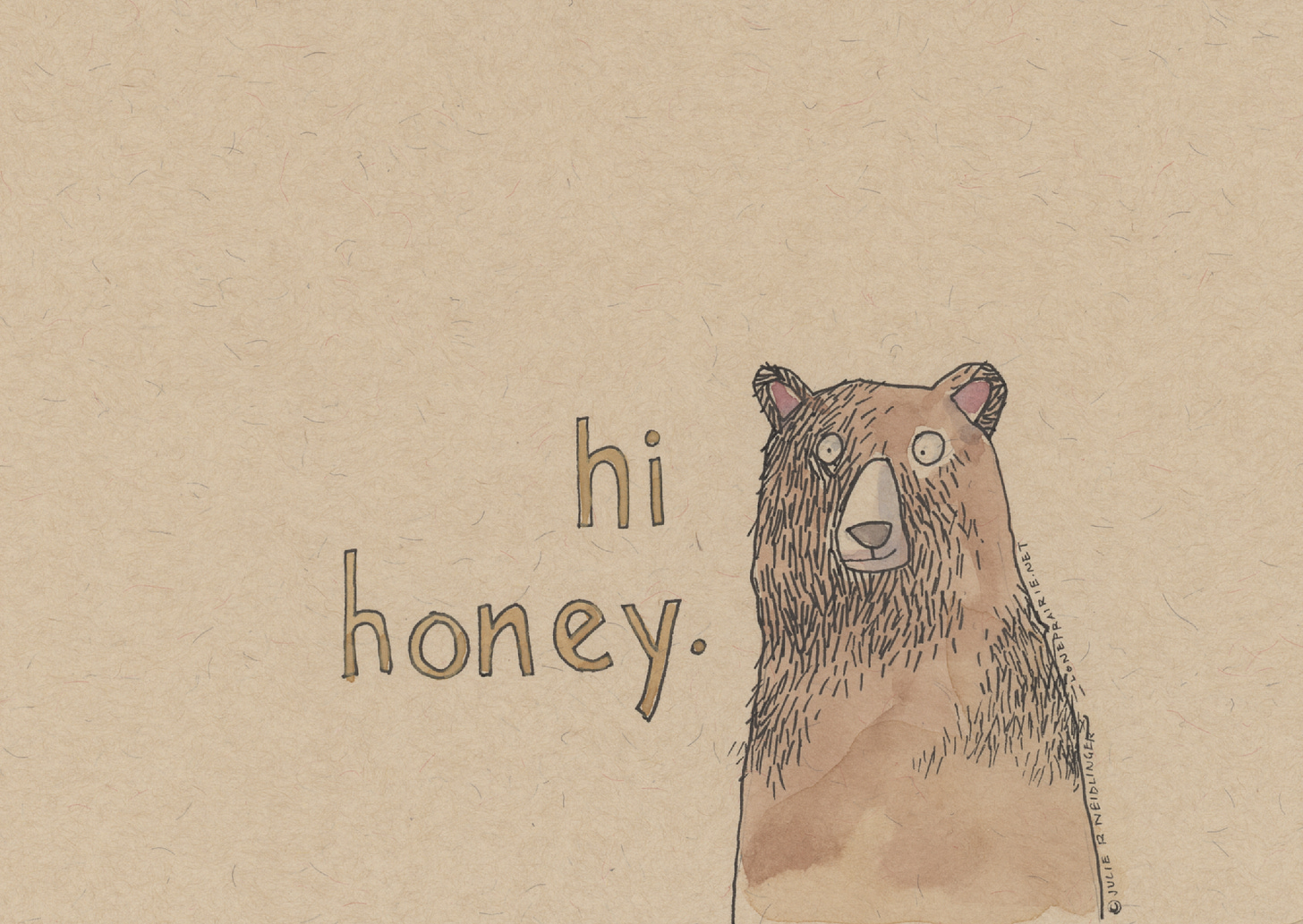When a steak walks into the forest covered in honey.
Who should we blame?
In the forest lives a bear.
We all live in the forest.
By living in the forest, you run the risk of your path intersecting with the bear.
By living in the forest and covering yourself with honey, you increase the risk of your path intersecting with the bear.
By living in the forest, …

